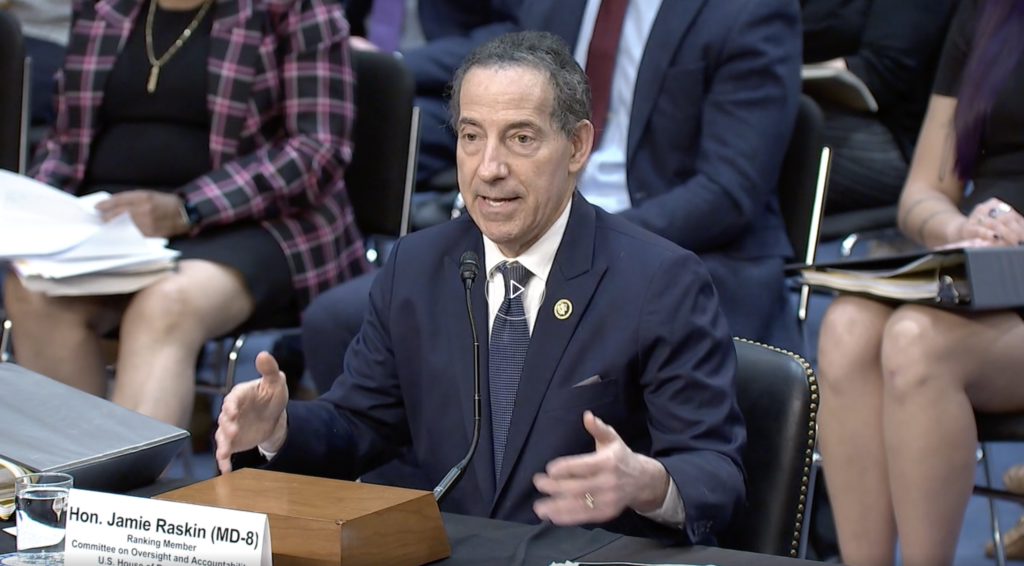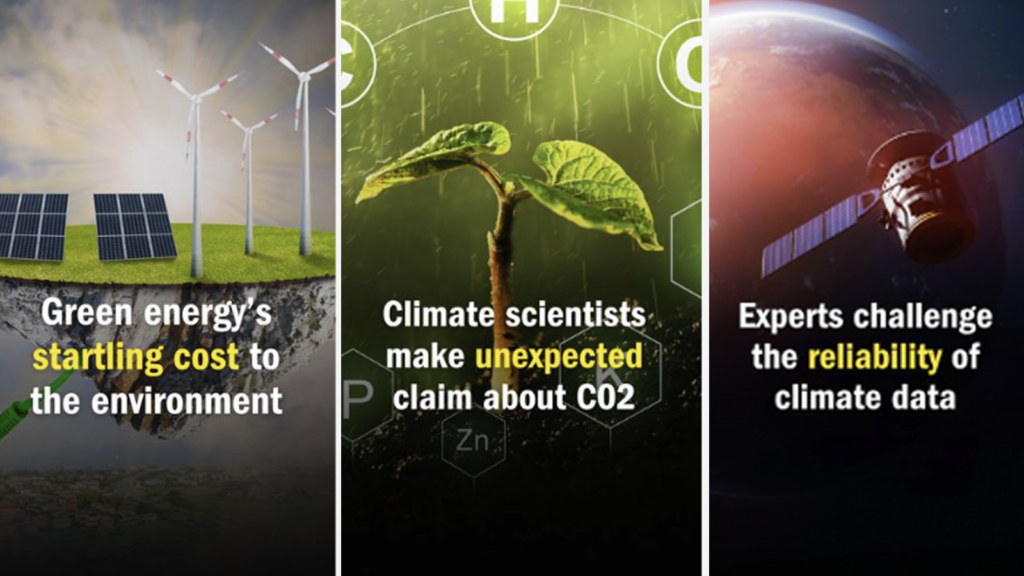There was a time, Stanford climatologist Stephen Schneider said today, when that appeared to be what American journalists were doing: covering up climate change. Schneider was the lead speaker In an opening plenary of the Society of Environmental Journalists annual conference, entitled “Covering Climate Change,” and he began by noting that all too recently, U.S. climate coverage had been dense and uncertain. Peer-reviewed papers endorsed by the best scientists in the world were given the same space and credence as the latest one-off report by the apologists for an oil-industry-funded think tank.
Sitting before 300-plus reporters currently working the environment beat, Schneider quickly added, “It’s not that bad any more.”
That’s thanks in part to the willingness of the assembled scientists of the Intergovernmental Panel on Climate Change (of which Schneider is one) to use words like “unequivocal” in describing their own certainty that the human production of CO2 in the atmosphere is causing unprecedented (and ultimately negative) global warming.
But while Schneider said “no serious group anywhere” would still challenge the fundamental science of climate change, there is still room to founder between the extremes of “the science is settled” and “the jury is out.” In fact, Schneider said, both those statements are true, depending on the questions you ask. To the first, there is no other way to explain the climate change that has occurred already. The burning of fossil fuels has had a measurable – undeniable – effect on the world’s climate in the last century.
But the next century is full of doubt. There is doubt about how humans will behave – whether we will slow down our greenhouse gas emissions or speed them up even faster – and there is uncertainty about the “internal dynamics of weather.”
But smart humans don’t stand around and wait for “certainty,” he said. We manage risk. Whether in the military, in medicine or in finance, we assess the long-term risks of future events we cannot reliably predict, and we change our behavior accordingly. And that, he said, must be the way we approach climate change.
Stanford Professor of Communications, Political Science and Psychology Jon Krosnick was next up, talking about Anthony Downs classic work on what he called the public’s “issue attention cycle ” and describing the implications for the national climate change conversation.
The cycle breaks into five stages:
1. Pre-problem: in which the public is simply not aware of an issue.
2. Alarmed discovery and euphoric enthusiasm: in which the public suddenly gets it and wants to do something about it.
3. Realizing the significant cost of progress: in which the public remembers that life is hard and reformative policy changes, no matter how intelligent, still cost money.
4. Gradual decline of intense public interest: in which people get tired of hearing policy advocates bicker and grow increasingly hopeless that a resolution can be achieved.
5.The post problem stage: in which we all better hope that some useful changes have been made because, publicly, the issue is dead.
Krosnick said he believes we are currently between stages 2 and 3: we have recognized the problem and are beginning to understand the costs. The challenge for media, he said will be to keep the issue on the public agenda – to keep stories fresh and compelling – so that the public is prepared to support the challenging policy changes necessary to address the problem.
“Be patient,” he said. “Find ways to stick with it. Because if you get bored, I guarantee you will take the public with you.”
Weather Channel climate expert Dr. Heidi Cullen was up next and she freely acknowledged the problem of even explaining climate change adequately, much less making it sound fresh. Television is a medium of 12 to 20-second sound bites, while climate science is complex and conditional. If you try to simplify the science too much, you run the risk of misrepresentation. “But if you can’t say something interesting in 12 seconds, you don’t get a second chance.”
Cullen has clearly enjoyed some success, but Sacramento Bee Executive Editor Rick Rodriguez was clear in laying out the challenge that print reporters face as well. In order to sell a story to the public, Rodriguez said, you must first sell it to “unsophisticated editors” – professional generalists who probably have no background in science and who demand ease and clarity for their readers. If you show up with a story that celebrates “a discernible probability” of climate change, “I’m not going to go with that. I looking for something that says 90 per cent.”
Given how hot this issue has been in previous years (in 2006, political hatchet man Marc Morano showed up to deny that climate change was a concern at all), this was the only moment of the day that approached controversy. Stephen Schneider challenged the demand for 90 per cent certainty, saying that was not the standard that we apply to any other important decision.
By way of illustration, he asked how many people in the audience has experienced a serious house fire. Perhaps one per per cent of the audience members raised their hand. Schneider then asked how many people had fire insurance and the rest of us dutiful made his point.
We have been using the atmosphere “as a free sewer,” Schneider said. We have to address that issue or face the consequences.
In fact, there will be consequences to be faced, regardless of what we do, but the mood at SEJ could fairly be described as hopeful. It will be interesting – in the age of uncertainty – to see whether that optimism is warranted.
Subscribe to our newsletter
Stay up to date with DeSmog news and alerts






